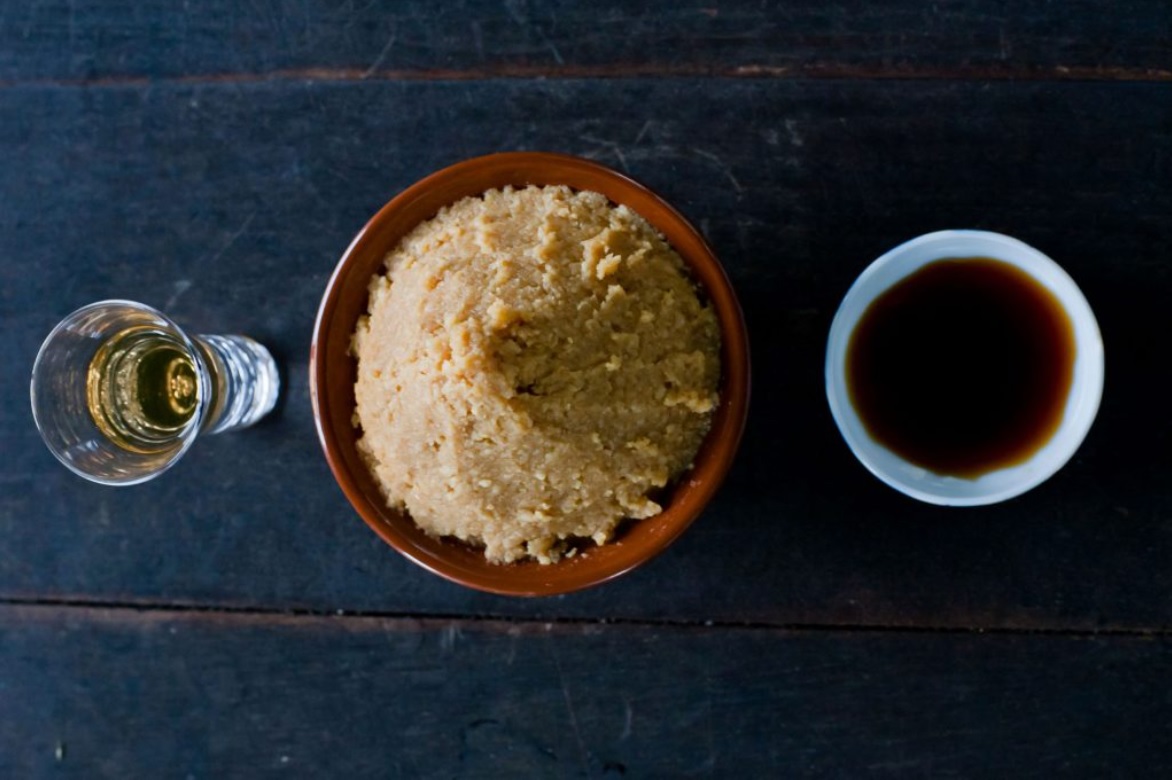
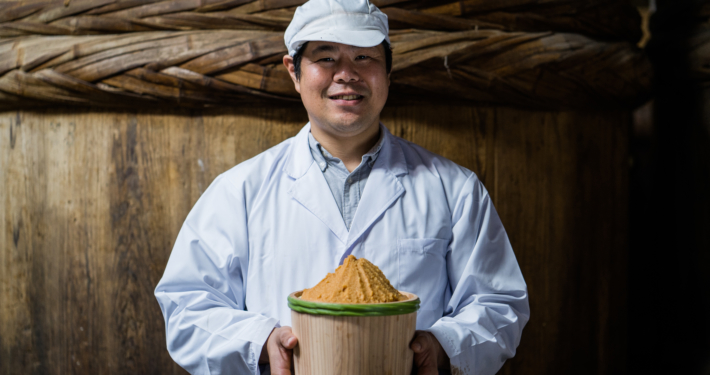
Located in the beautiful Okayama prefecture, KOHNO makes use of the fresh waters and abudant nature to produce natural and delicious Japanese foods.
The warehouse is kept the same as when it was first built in 1888 - with a beautiful wooden structure and pillars, as well as wooden vats for the miso, where healthy bacteria have grown over the years to naturally enhance the flavors of the miso.
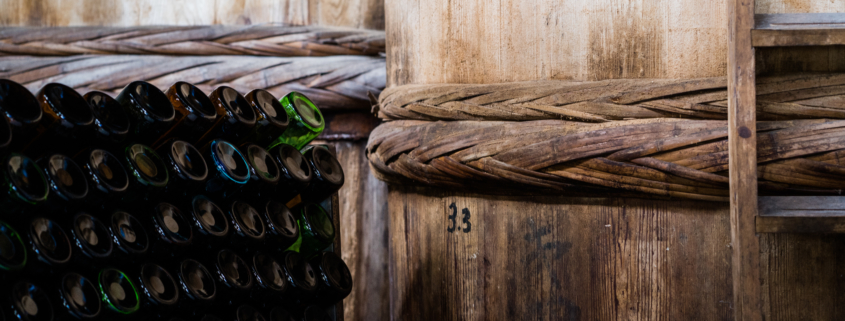
KOHNO VINEGAR
KOHNO has been brewing vinegar since their foundation in 1888 when the first generation of the family started a vinegar brewery. The vinegar has undergone static fermentation that has not changed since their founding. Everything from preparation to squeezing is done by hand. Good vinegar starts with good sake - the sake is made in 3 months and the fermentation with acetic acid bacteria takes another 3 months. After that the vinegar is matured for about 6 months. It produces a traditional Japanese vinegar like rice vinegar and lees vinegar. It is finished with vinegar with a mellow, rich taste and less stuffy aroma.
KOHNO vinegar can be used: For cooking, for daily life (cleaning) or as health supplement to relieve constipation, fatigue and help through other suggested health benefits.
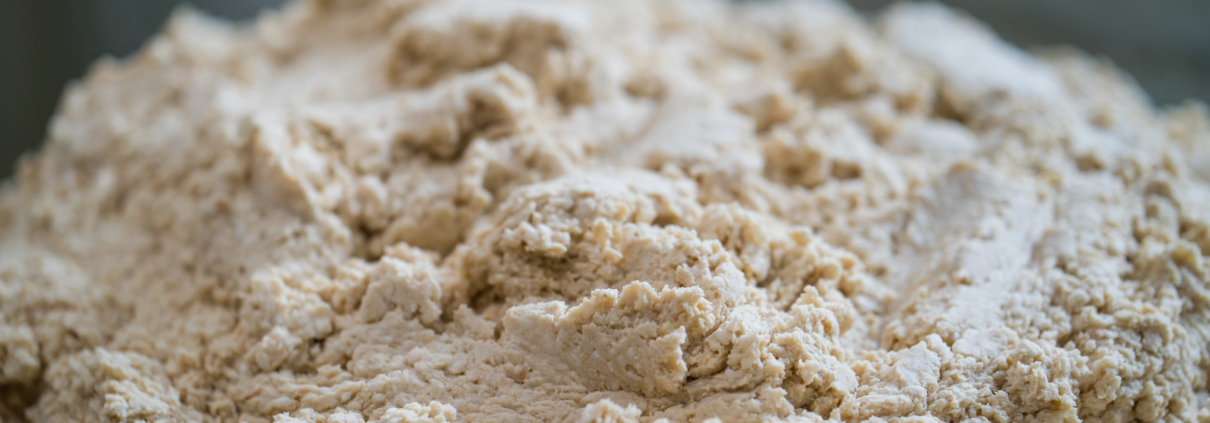
KOHNO MISO
During the Warring States period (1467-1568) miso was a valuable protein source as well as a
seasoning. Therefore, the warlords of each region encouraged the making of miso, using local raw materials and production methods. As a result, there are many original miso styles and flavors for different regions - and especially the hometowns of famous lords like Nobunaga and Ieyasu became famous production areas. Miso has become an integral part of Japanese food culture.
When the second generation of the family took over KOHNO, he introduced miso brewing and transformed the business to where it is today. Their miso is made through natural brewing, using traditional cedar barrels used since their first miso production. They brew during the cold winter and ferment for about one year during the hot summer.

Miso making starts with milled rice.
After milling, the rice is soaked overnight and steamed for about 40 minutes with 甑 (rush).
Many makers use steaming machines, but the experienced KOHNO brewers continue to work by hand to measure the steam by eye and ensure the best quality.
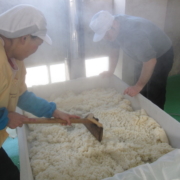
2. "Miso making is Koji making" -
A strong koji is added to the steamed rice manually, so each grain is covered.
It is then transfered to the sultry room, which is kept at 30 degrees and 90% humidity. The brewers loosen the grains of rice and sprinkle the rice every day. The finished koji is cooled to room temperature.
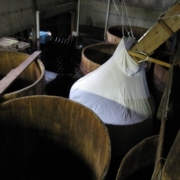
3. The koji is mixed with salt into soybeans that have been soaked in water overnight. In order to ascertain the perfect degree of mixing, this is done little by little, by experienced hands, rather han using machines. The cedar pail, used since their foundation is usedand a weightstone is used to keep everything in place.
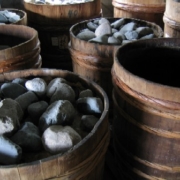
4. The miso is slowly fermented and aged at natural temperatures for 10 months to 1 year.
After about half a year of carefully inspecting, te bewer carefully turns the miso with a wooden scoop. This traditional style takes a lot of time, labor and experience. The slow fermentation creates a mellow and soft taste. Fast brewing can alternatively be done in 3 months in a room of 30-35 degrees.
This production technique has been passed down through generations, creating a fragrant miso with a mellow taste and richness.
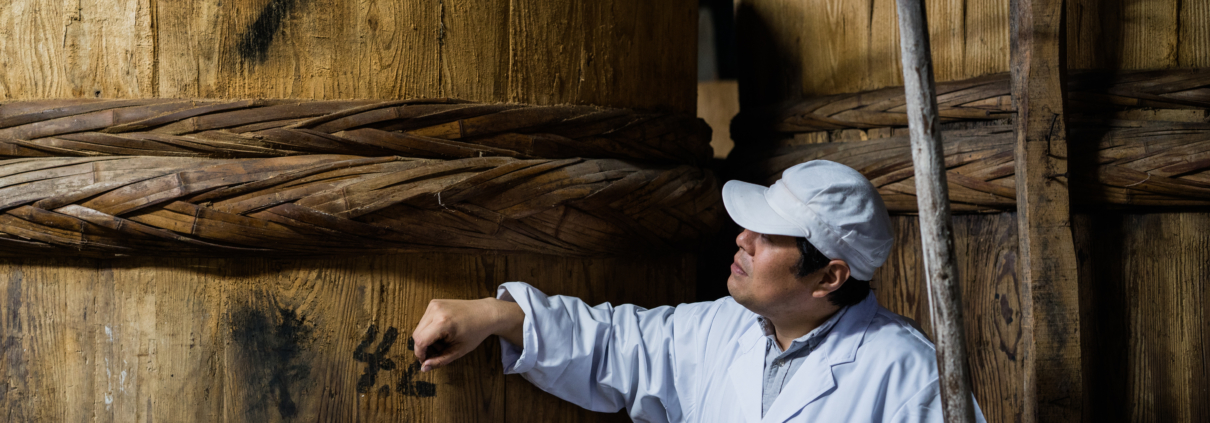
KOHNO SOY SAUCE
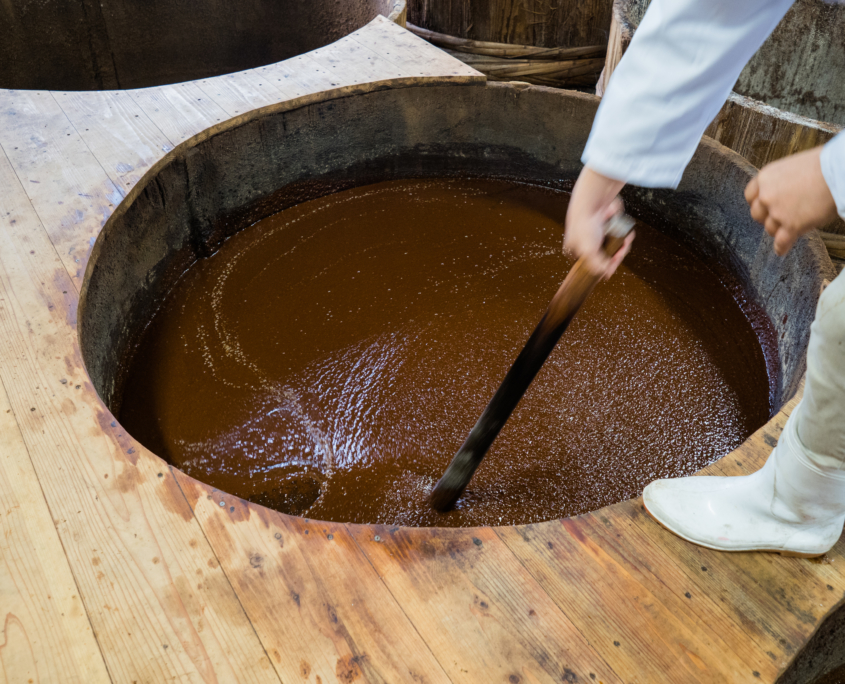
Soy sauce and miso are the base of Japanese cooking, so it is crucial that these are of high quality.
There are many different types to accomodate anyone's preference. KOHNO's soy sauce is still made in the authenthic way fermenting slowly to get lots of Umami.
KOHNO soy sauce include KOIKUCHI, USUKUCHI, TAMARI and SAISHIKOMI soy sauce variants.





